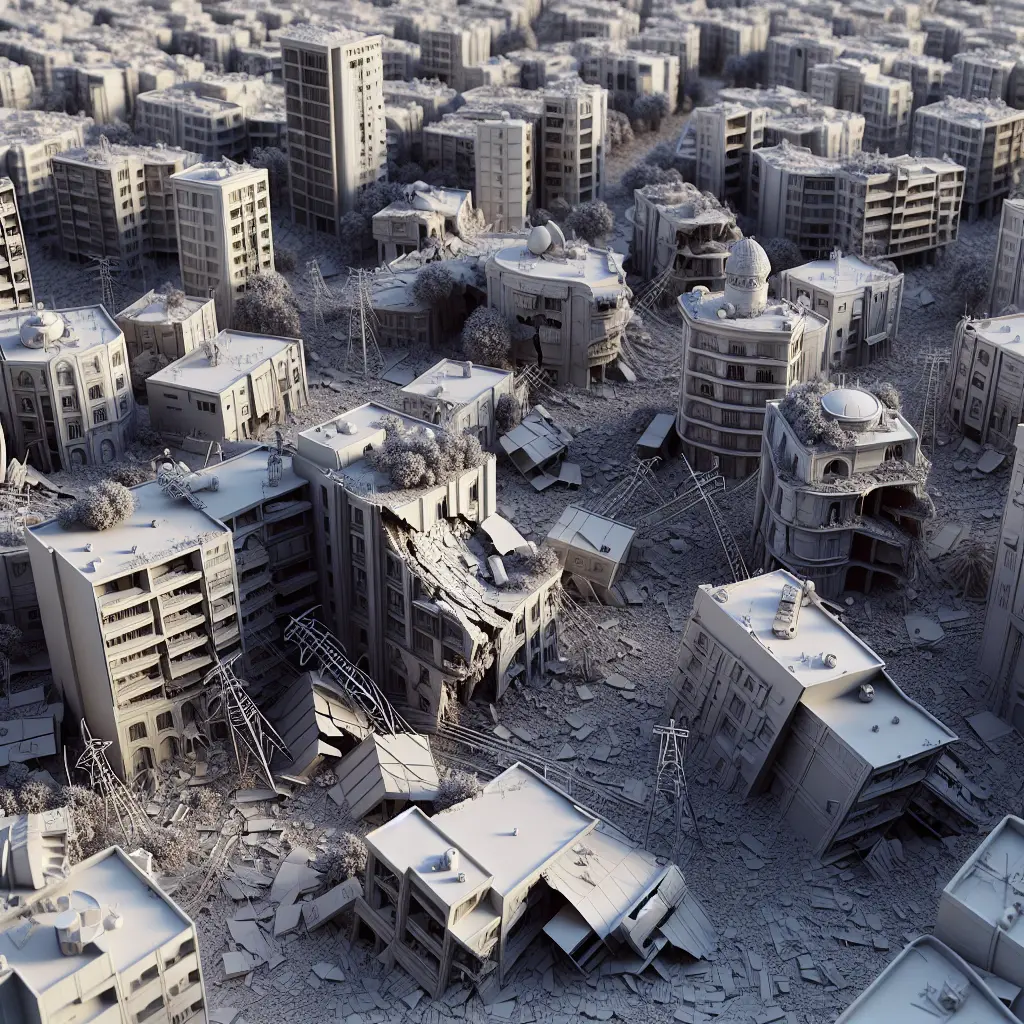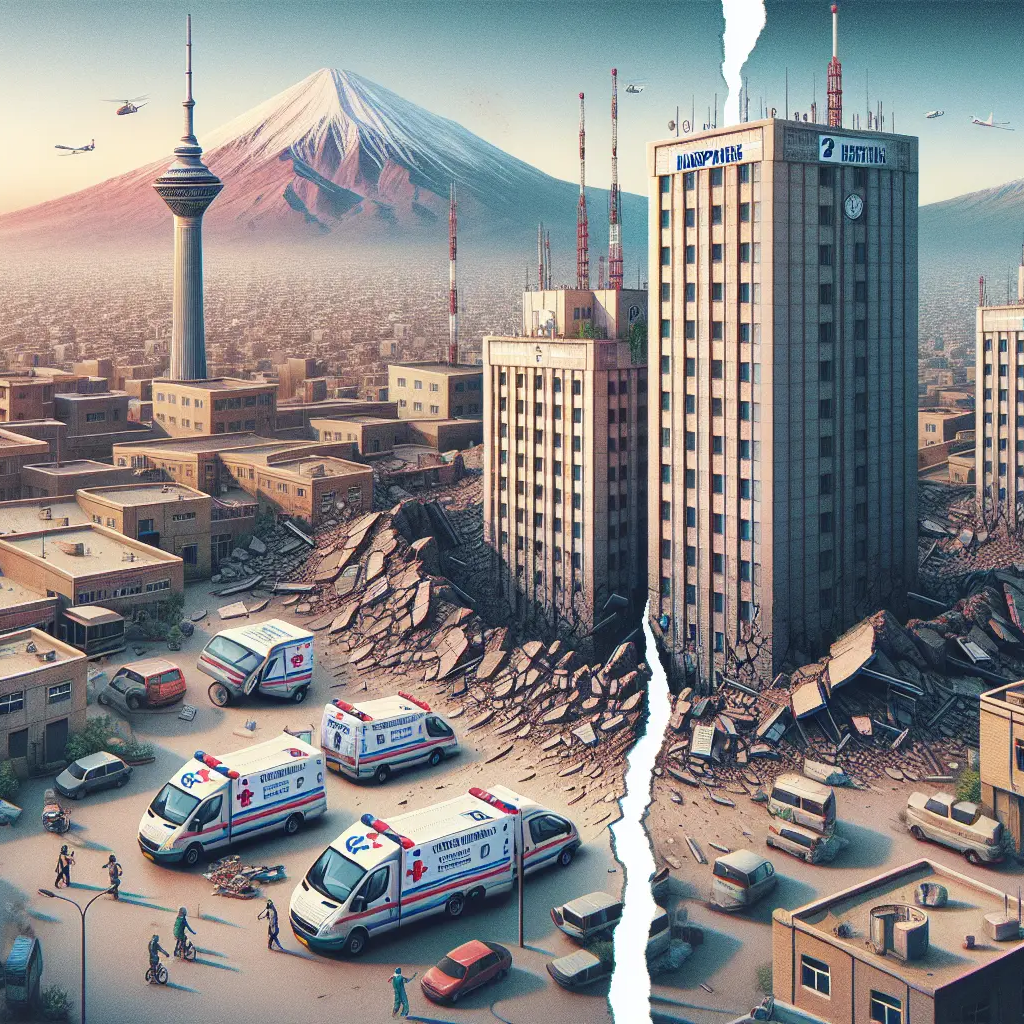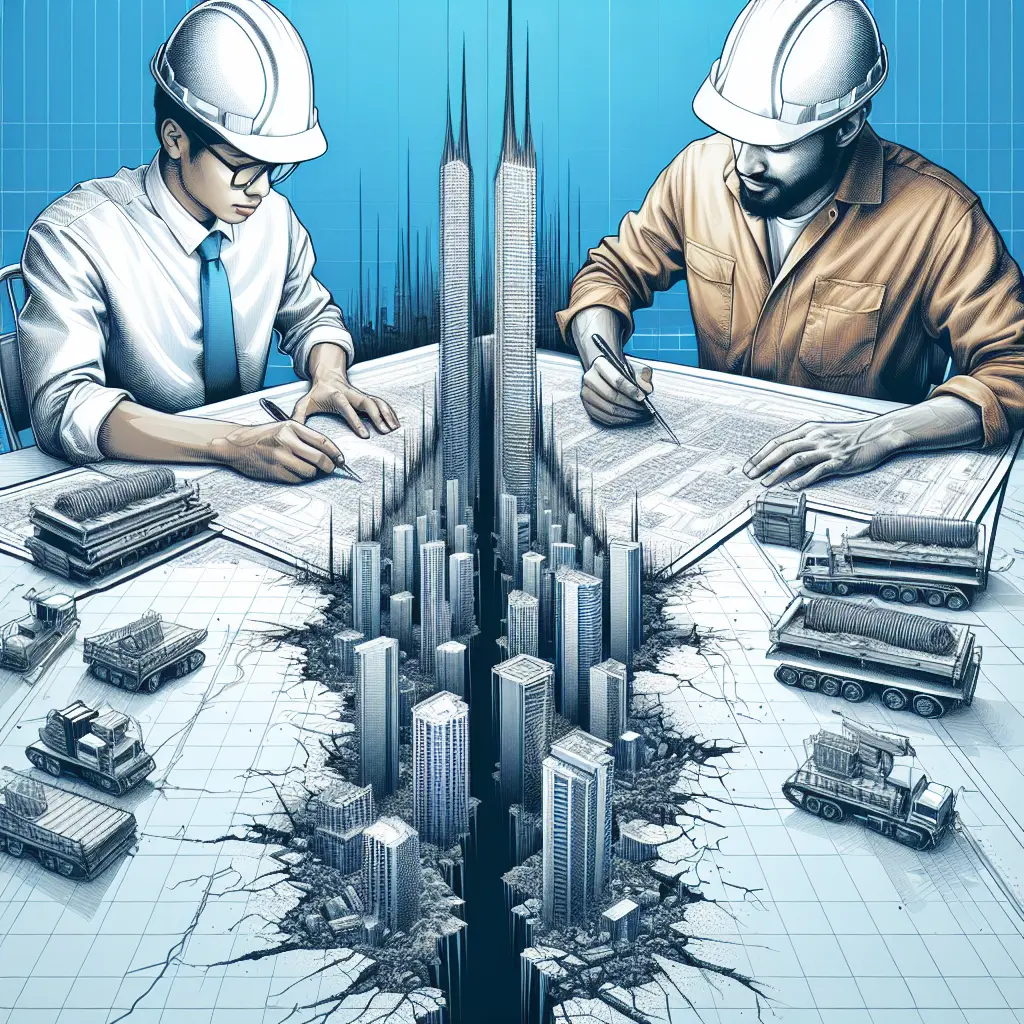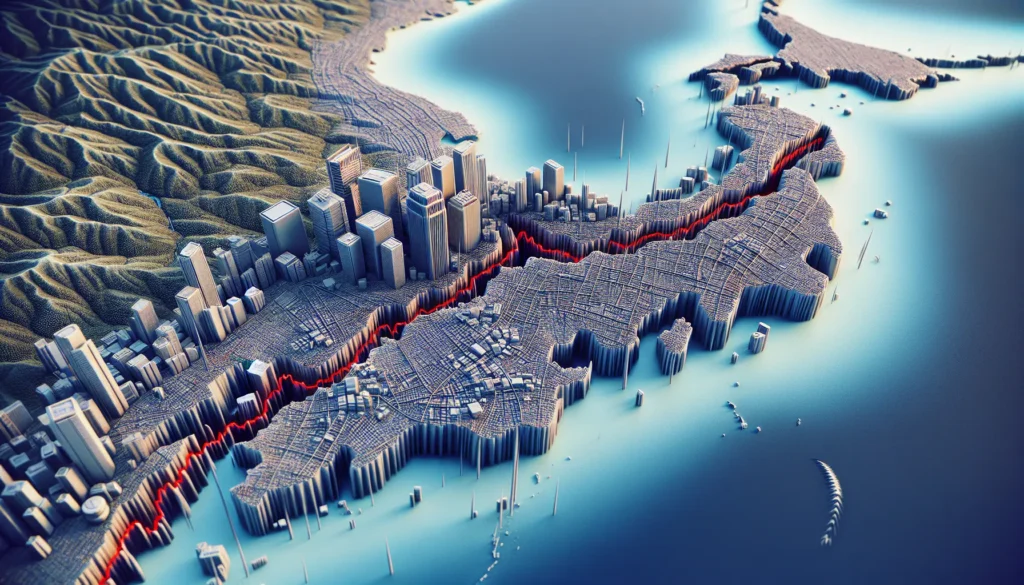

Iran’s unique geographical location places it directly along one of the world’s most active seismic zones. Throughout history, Iran has endured significant destruction from earthquakes, which have left a lasting toll on communities and the economy. Recent tragedies like the Bam earthquake in 2003, which killed around 30,000 people, and the 2017 Kermanshah earthquake, which resulted in nearly 600 deaths and injured thousands more, are reminders of the urgent need for better preparedness. In early 2023, the Khoy earthquake displaced over 70,000 people, underscoring the constant threat.
For perspective, the lives lost to these earthquakes could fill hundreds of Boeing 747 planes. Furthermore, if Iran had been equipped with advanced seismic isolation technology, thousands of these lives could have been saved. Studies show that the implementation of earthquake-resilient infrastructure can reduce casualties by as much as 90%, allowing hospitals, schools, and essential services to remain operational during and after earthquakes.


Japan, one of the most earthquake-prone countries, offers a clear example of the impact of proactive measures. After adopting earthquake-resistant technology nationwide, Japan has seen a dramatic decrease in both casualties and economic losses from earthquakes. Research shows that not only are people in Japan statistically safer, but they also experience a higher level of confidence and happiness due to the peace of mind that resilient infrastructure brings. Economic studies estimate that every dollar invested in seismic protection prevents around four dollars in future disaster costs, making it a sound investment for any nation facing frequent seismic threats.
Additionally, studies in countries with such technologies have demonstrated that buildings protected by seismic isolation have a lifespan up to 50% longer than those without, further saving on repair and reconstruction costs. These investments in technology ultimately reduce disruptions to people’s lives and contribute to a more stable, prepared society.
+98 21 8879 4186
Taban Complex, No.14, West Taban St., Jordan, Tehran, Iran
fardafarazpeisepar@gmail.com